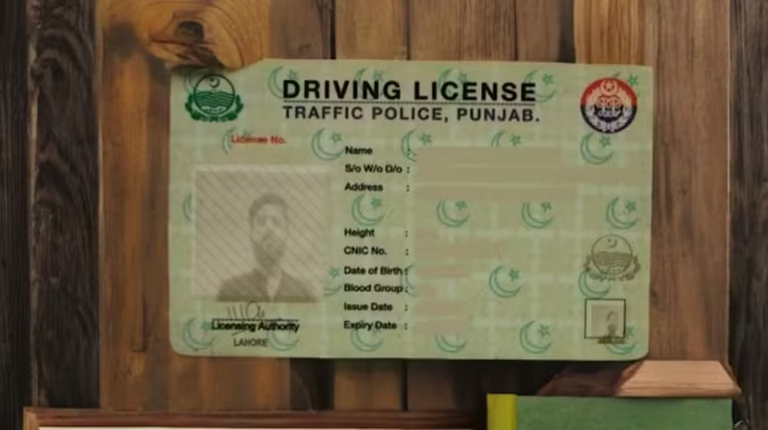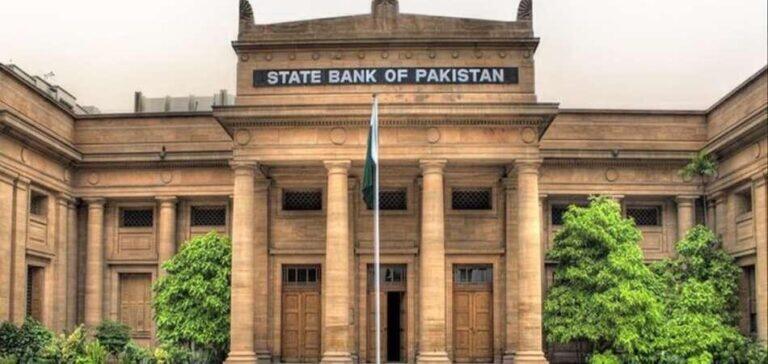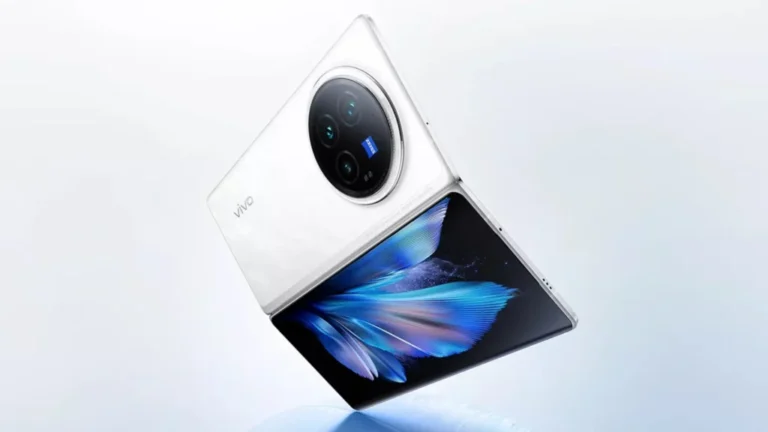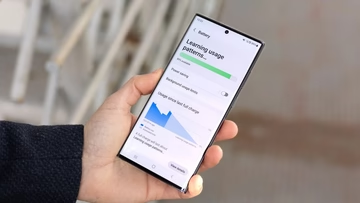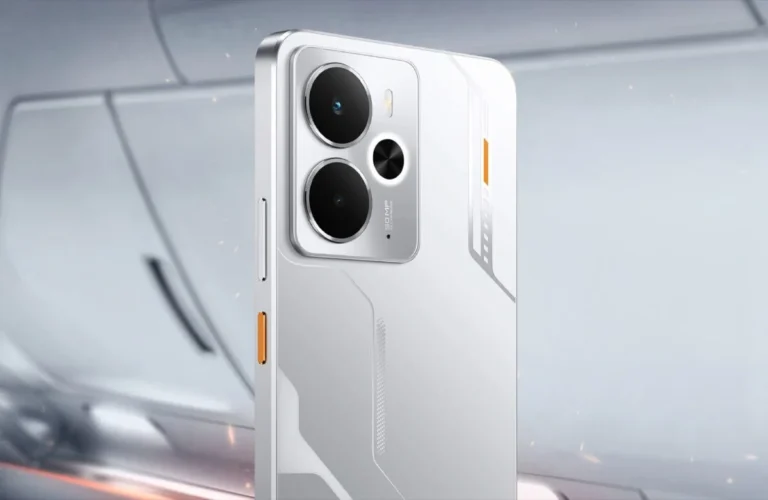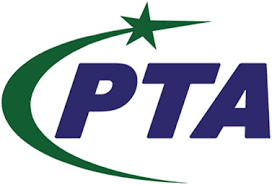
|
Getting your Trinity Audio player ready...
|
What Does It Mean When a Device is Non-Compliant with PTA?
In Pakistan, mobile phones and other communication devices must be approved by the Pakistan Telecommunication Authority (PTA) to legally access mobile networks. A non-compliant PTA device refers to a phone or tablet that has not been registered or approved by the PTA under its Device Identification Registration and Blocking System (DIRBS). This system is designed to monitor and regulate all GSM devices entering the country, primarily to control smuggling and ensure the legal import of phones.
When a device is labeled non-compliant, it usually means it does not meet PTA’s registration requirements. Most of the time, this happens because the device was imported unofficially or the relevant duties and taxes were not paid. As a result, such devices are either blocked from accessing cellular networks in Pakistan or are temporarily allowed to function before being eventually restricted.
Why Does the PTA Block Devices?
PTA implemented DIRBS to create a legal framework for mobile device use in Pakistan. The main goal is to prevent the usage of smuggled or counterfeit phones, which evade taxes and can pose a threat to data security. By encouraging registration, the PTA also ensures that the government collects due revenue from imported gadgets.
Once the system identifies an unregistered or smuggled device, it sends a warning via SMS and sets a timeline for compliance. If registration isn’t completed, the device is blocked from all SIM-based services such as calls, SMS, and mobile internet. However, Wi-Fi and offline functions still remain accessible.
How Can You Check if Your Phone is PTA-Compliant?
To avoid any surprises, it’s always wise to check the status of your phone before purchasing it—especially if it’s imported. Here’s how:
- Visit the DIRBS portal: https://dirbs.pta.gov.pk
- Enter your device’s IMEI number, which you can get by dialing *#06#
- The system will instantly tell you whether the device is compliant, non-compliant, or blocked
Can You Register a Non-Compliant Device?
Yes, non-compliant devices can still be registered with the Pakistan Telecommunication Authority (PTA) by paying the necessary taxes and duties. Users can complete this process through the PTA’s official registration portal, which is often integrated with Pakistan Customs. The registration cost varies based on the device model, value, and country of origin.
It’s important to note that once a phone has been blacklisted or blocked, it will not connect to mobile networks unless it is registered correctly. However, some phones may still work temporarily if they were activated with a Pakistani SIM card before a certain cutoff date.
What Happens if You Use a Non-Compliant Device?
Here’s what you can expect:
- You’ll initially receive a warning message from PTA via SMS.
- After a grace period, your device will no longer work with any mobile network in Pakistan.
- Functions like making calls, sending messages, and using mobile data will be disabled.
- However, non-network features like Wi-Fi, cameras, and apps will still function.
5 FAQs About Non-Compliant PTA Devices (For Pakistani Users)
1. What does it mean if my phone is non-compliant with PTA?
It means your device has not been officially registered with the Pakistan Telecommunication Authority and is at risk of being blocked from mobile network services.
2. Can I still use a non-compliant phone in Pakistan?
You can only use it on Wi-Fi. Mobile network services like calls and SMS will be blocked if it’s not registered within the grace period.
3. How do I make my phone PTA-compliant?
You must register the device through the PTA’s official platform and pay the required taxes and duties. Visit: https://dirbs.pta.gov.pk
4. What if I brought my phone from abroad?
Phones brought into Pakistan from abroad also need to be registered. The first device per year brought by an individual traveler is usually duty-free, but registration is still required.
5. Are there any phones exempt from PTA registration?
Yes, some low-end feature phones or phones not using SIM cards (e.g., Wi-Fi-only tablets) might not need registration, but it’s best to confirm using the IMEI check on the DIRBS portal.
